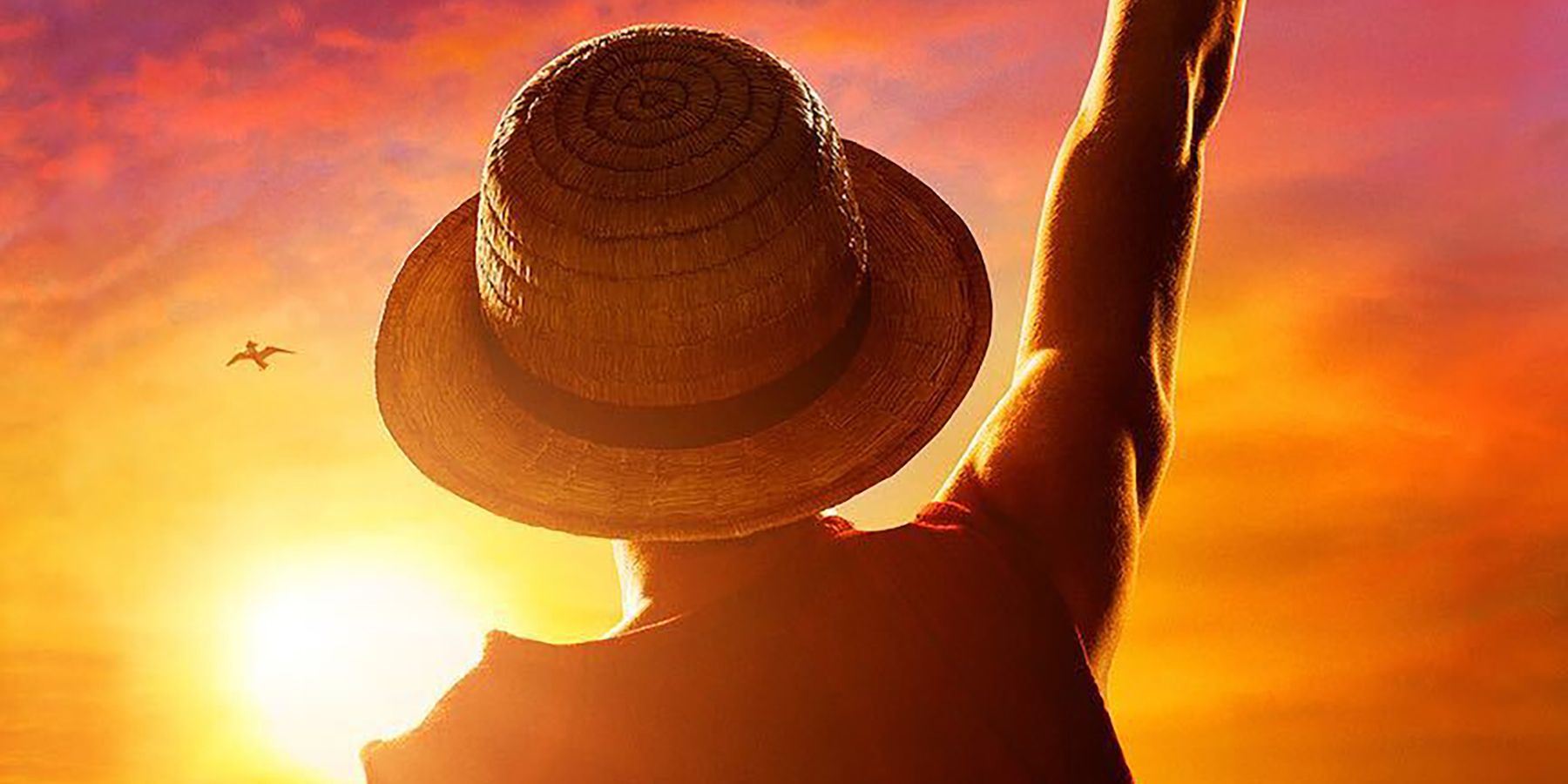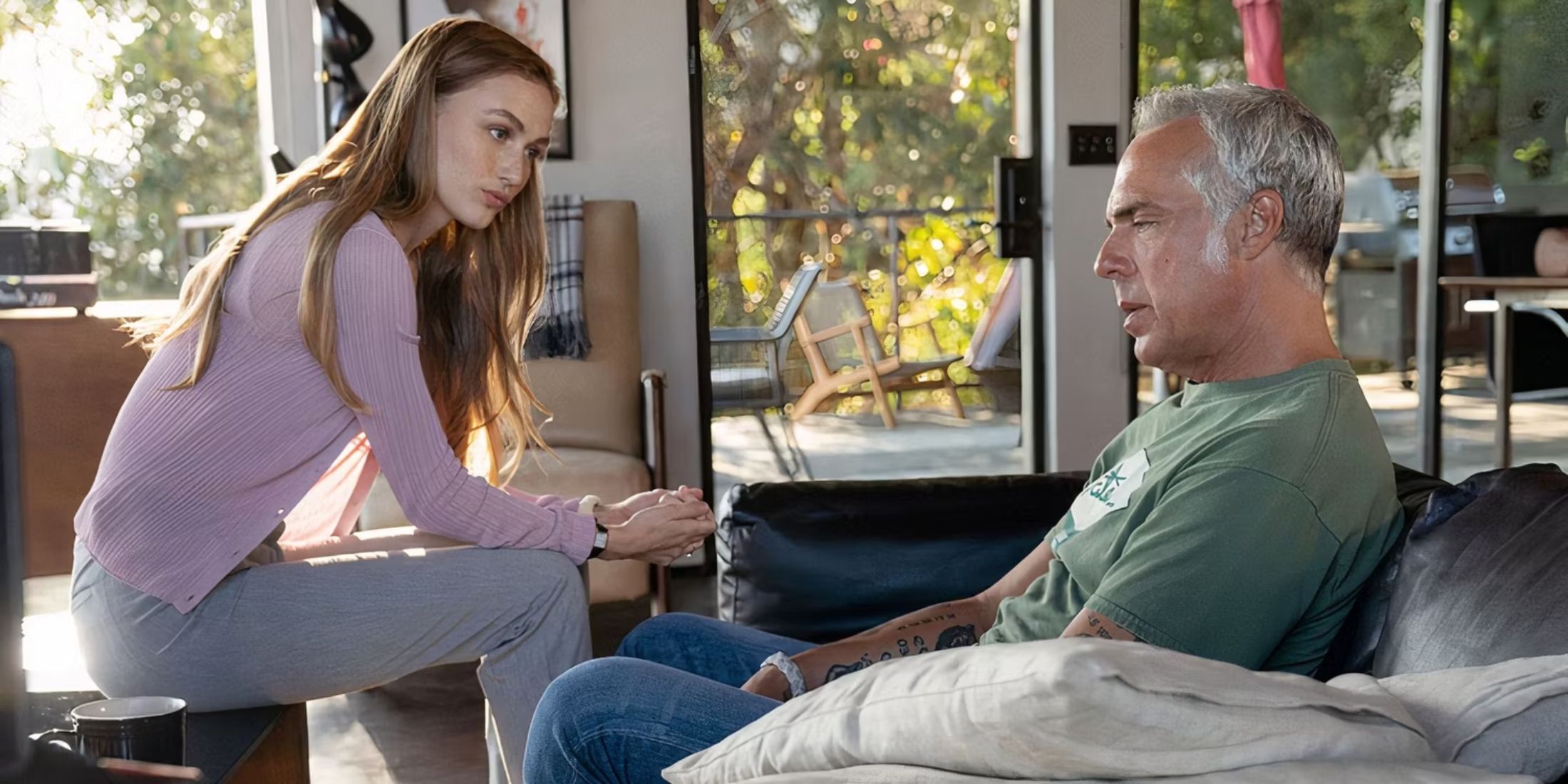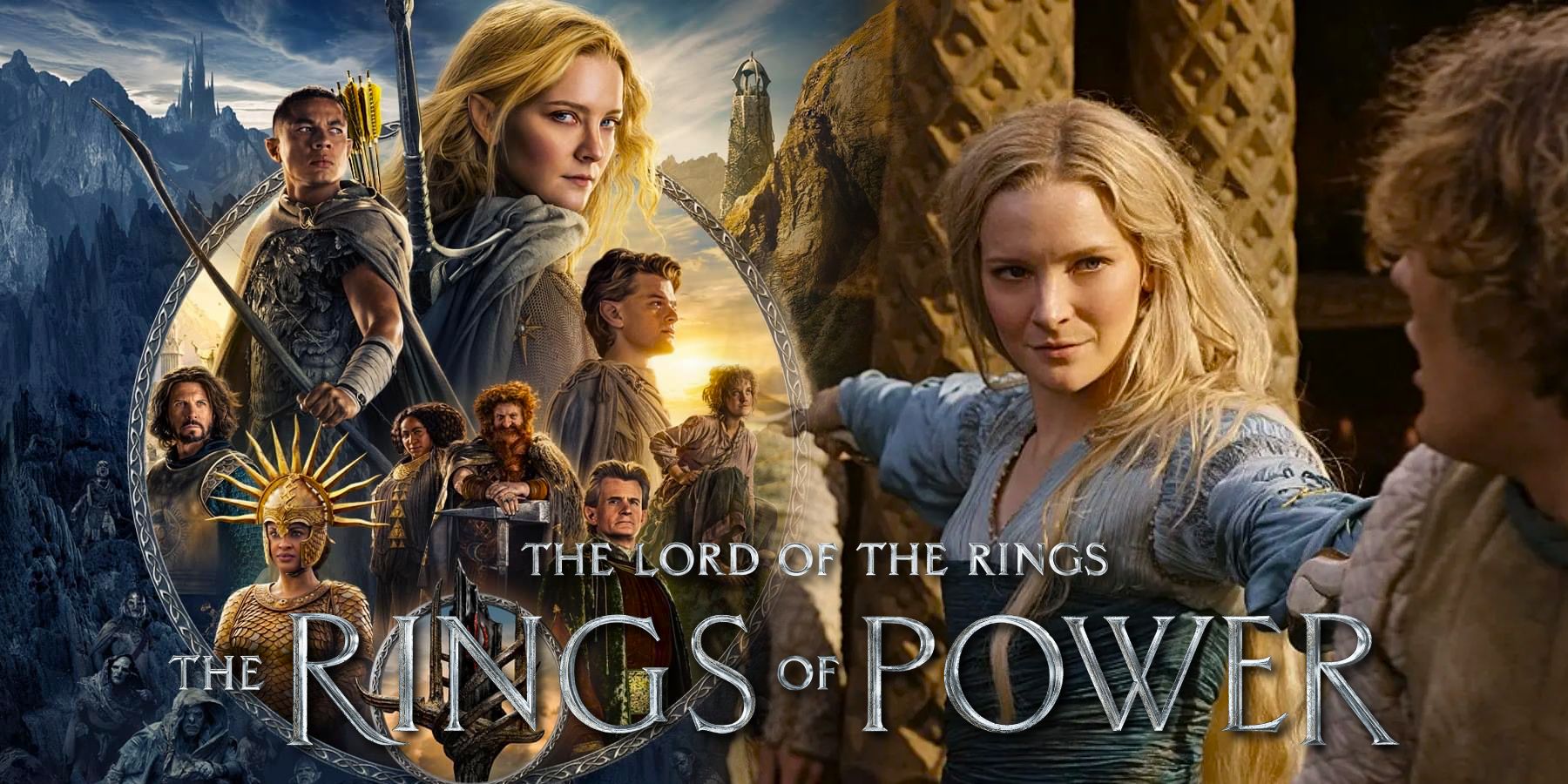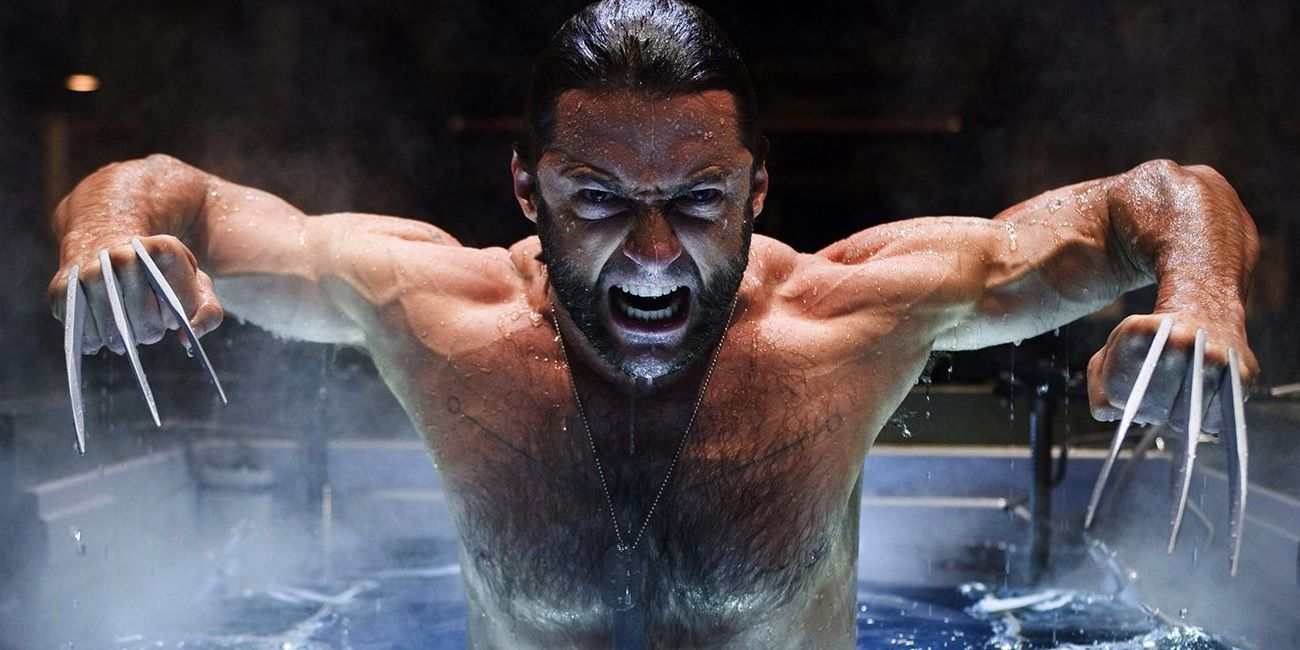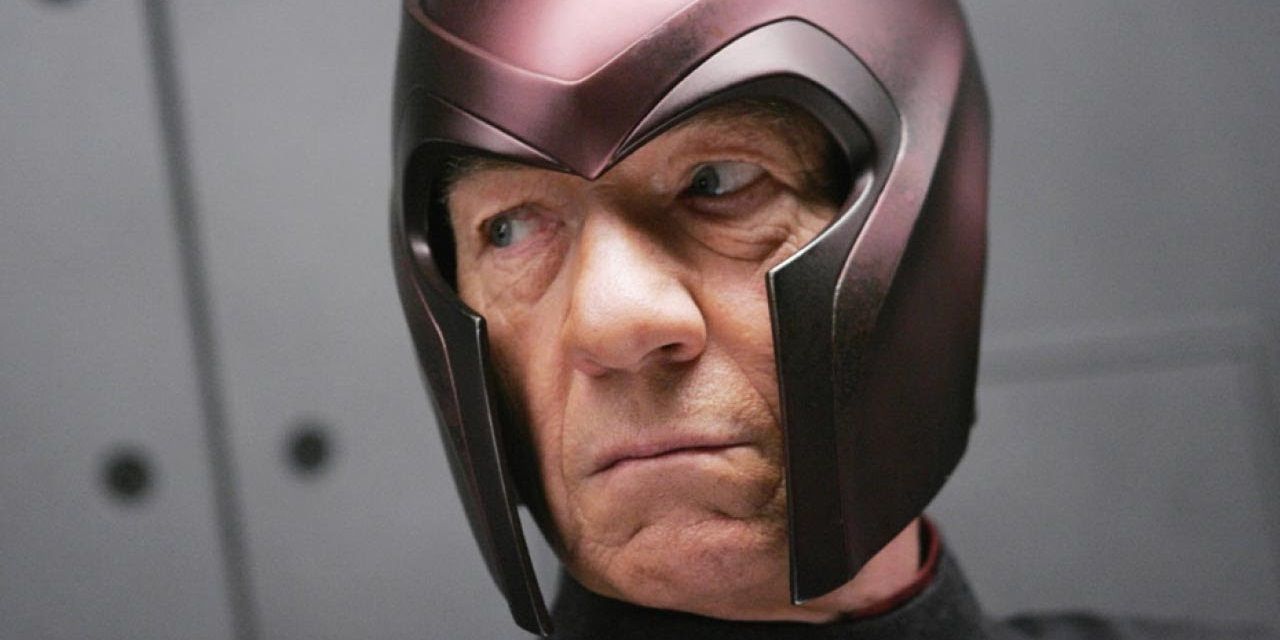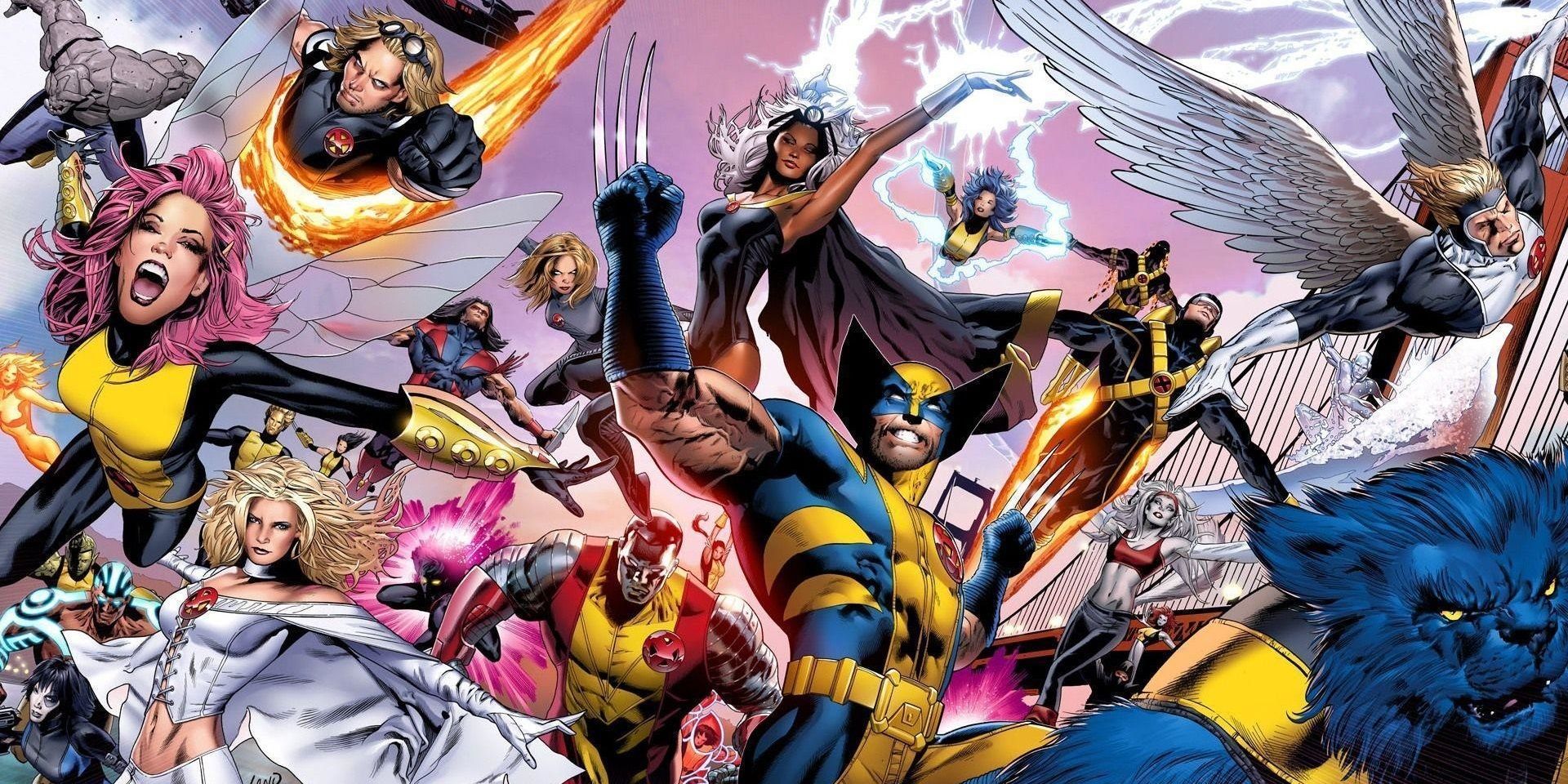20th Century Fox planned 2009’s X-Men Origins: Wolverine as the first in a series of X-Men Origins prequel movies. The second was going to be X-Men Origins: Magneto, a harrowing Holocaust drama described as “The Pianist meets X-Men.” However, these additional spin-offs were promptly canceled when X-Men Origins: Wolverine was panned by critics and underperformed at the box office.
What if X-Men Origins: Wolverine had been a huge critical and commercial success (and that’s a big “if”) and the X-Men Origins series had continued? Disney’s acquisition of 21st Century Fox was probably inevitable, so the first attempt at an X-Men movie franchise was going to get cut short either way, but continuing the origin story spin-offs could’ve radically altered the series’ output throughout the 2010s.
Considering it was supposed to be the springboard into an offshoot franchise, X-Men Origins: Wolverine got a lot wrong: the tone is disappointingly dull, the action is awash with primitive CGI effects, the weak script frames Stryker as a generically evil villain and squanders the chance for a Wolvie solo movie with yet another ensemble team-up storyline, and worst of all, Deadpool’s mouth is sewn shut. It seems unlikely that there’s any world in which X-Men Origins: Wolverine became the Iron Man-sized success it needed to be to launch a whole universe of movies, but if it had reached those blockbuster heights, the continued X-Men Origins series could’ve drastically changed the course of Fox’s X-Men franchise.
While X-Men Origins: Wolverine was a more or less formulaic comic book movie, X-Men Origins: Magneto sounds like it could’ve been wildly different than the rest of the superhero genre. The horrors of the Holocaust don’t exactly go hand-in-hand with the escapist fun of superhero comics, but Wonder Woman’s World War I setting and Captain America: The First Avenger’s World War II setting have proven that a real-life tragedy or conflict can make an interesting backdrop for a comic book movie.
Sheldon Turner was hired to write X-Men Origins: Magneto as far back as 2004. Turner’s script begins with Magneto as a prisoner at the Auschwitz concentration camp. When the camp is liberated, he meets Charles Xavier, a young soldier. After the war is over, Magneto sets about tracking down the Nazi war criminals who tortured him and exacting brutal revenge, which becomes the wedge that drives him and Xavier apart. With the revisionist thrills of Quentin Tarantino’s WWII-era revenge fantasy Inglourious Basterds, X-Men Origins: Magneto could’ve been a comic book movie like no other.
After the X-Men Origins follow-ups were called off, X-Men: First Class instead rebooted the franchise with an origin story for the entire team. X-Men Origins was rebranded as X-Men Beginnings because George Lucas’ latter-day Star Wars movies had yet to be venerated as cult classics and the term “prequel trilogy” was still setting off alarm bells in Hollywood. Rather than dedicating each movie to a character, the producers dedicated each movie to a decade: First Class followed the team through the ‘60s, Days of Future Past jumped forward to the ‘70s, Apocalypse went to the ‘80s, and Dark Phoenix went to the ‘90s. The actors age less than a decade in this whole half-century-spanning quadrilogy, which gets a lot more confusing than simply giving each hero their own movie.
Days of Future Past is easily the best of the bunch, using time travel to incorporate the beloved original cast (and focus the story on Wolverine), but most of the movies that Fox made instead of more X-Men Origins wouldn’t be missed. If the X-Men Origins series had actually taken off, it could’ve been interesting to dedicate entire movies to the backstories of individual mutants like Storm and Jean Grey and also shed a spotlight on underappreciated characters like Cyclops and Kitty Pryde.
With all the potential crossovers and team-ups, the X-Men Origins series could’ve turned the wider X-Men franchise into an MCU-style cinematic universe. The MCU itself was still in its infancy when Fox tried to expand the X-Men series into movie-length flashbacks. Much like the MCU, the X-Men movies could’ve used the mutants’ solo adventures to set up the larger ensemble movies, or even double-act team-ups like a Cyclops and Jean Grey movie or a Wolverine and Deadpool movie (although the version of Deadpool introduced in X-Men Origins: Wolverine was astonishingly unfaithful, so something would have to be done about that).
X-Men Origins: Wolverine launched Logan into his own series of solo movies. If there had been more X-Men Origins prequels, the most popular ones could’ve led to similar standalone sequels. For example, X-Men Origins: Professor X could’ve led to a movie about Onslaught, or X-Men Origins: Storm could’ve led to a movie set in Wakanda. Wolverine’s solo series ended up in the hands of a filmmaker who channeled Shane and Paper Moon to earn the first Best Adapted Screenplay Oscar nomination for adapting a comic book, who knows what could’ve happened? Maybe in some alternate timeline, Magneto 2 was the first comic book movie to win Best Picture.

